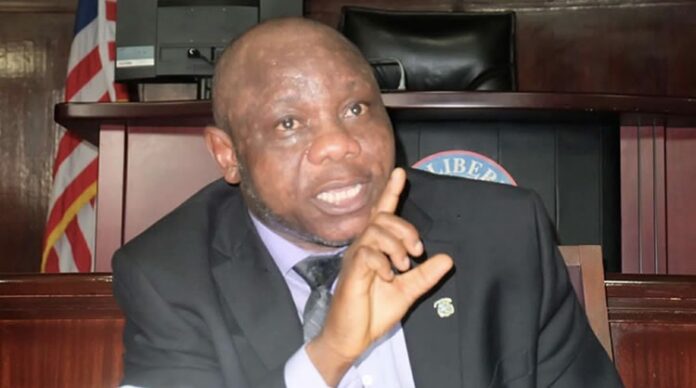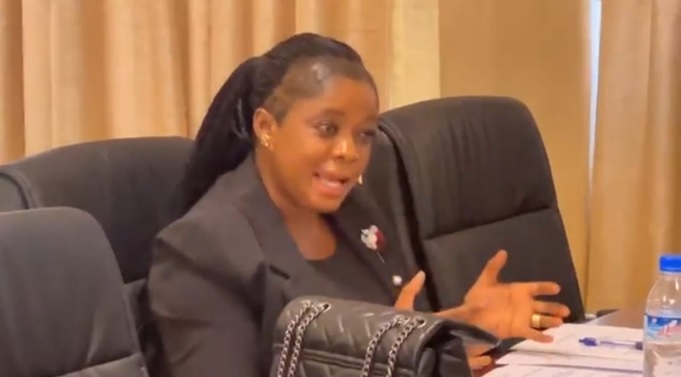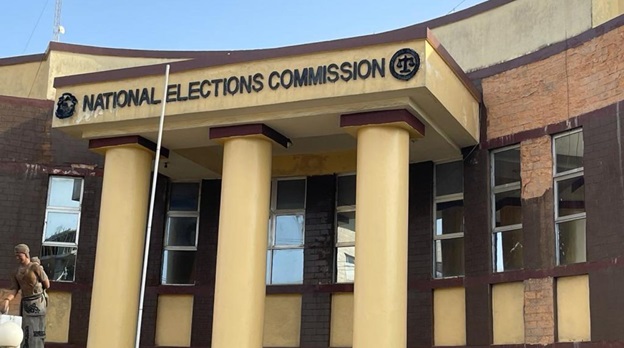MONROVIA, LIBERIA – Former Minister of Finance Samuel D. Tweah has pushed back against criticisms of Liberia’s reliance on electricity from Côte d’Ivoire, arguing that the country’s energy strategy under the previous administration was well thought out. In a statement on Saturday, February 8, 2025, titled Let’s Be Honest with the Liberian People About Liberia’s Structural Problems, Tweah outlined the complexities of Liberia’s energy situation and called for a more fact-based discussion on national development.
Addressing the debate over Liberia’s continued purchase of electricity from Côte d’Ivoire, Tweah dismissed the notion that Liberia could simply “move away” from Ivorian power supply. He explained that the CLSG (Côte d’Ivoire-Liberia-Sierra Leone-Guinea) transmission line functions like a shared highway for electricity, where surplus energy from one country is sold to another based on need. He emphasized that buying electricity from neighbors does not mean Liberia lacks a long-term energy plan but is a necessary step while the country builds its own power infrastructure.
Tweah highlighted the Via River Dam project as the foundation for Liberia’s energy future, revealing that the CDC-led government signed a World Bank agreement to support its development. The project, expected to cost between $200 million and $300 million, would generate approximately 200 megawatts of electricity in its initial phase, with studies indicating its potential to produce over 900 megawatts if fully optimized. He urged the current administration to expand on this plan by engaging international partners aggressively to secure funding and push for large-scale energy development.
The former finance minister also took aim at politicians who he accused of misleading the Liberian people about the country’s structural challenges. He criticized campaign rhetoric that oversimplifies complex national issues and argued that past discussions on Liberia’s economic constraints were often drowned out by political propaganda. According to him, development takes time and requires realistic policies rather than populist promises that cannot be fulfilled.
Tweah warned that if Liberia fails to address its long-standing economic and infrastructure deficits, the nation faces an existential threat in the near future. He called on the Boakai administration to prioritize energy development and insisted that the government must be transparent with citizens about the difficulties involved in solving Liberia’s deep-rooted problems. Ending political deception, he argued, is key to setting the country on a path to real progress.







